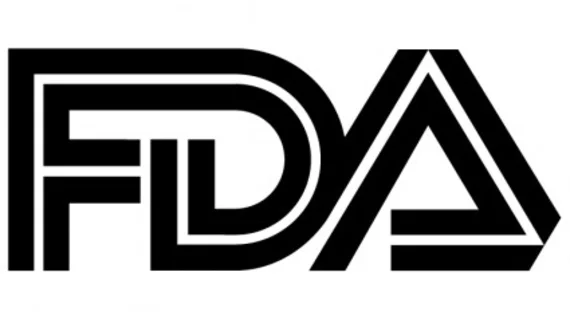FDA modifies imaging guidance for duration of COVID-19 crisis
The Food and Drug Administration has issued temporary guidance to expand the availability of medical imaging systems and related hardware/software until the current public health crisis abates.
The guidance, which permits temporary modification of standard protocols, is additionally aimed at mitigating circumstances that could lead to avoidable COVID-19 exposure for patients, providers and others working with or around imaging equipment and related systems.
The 19-page guidance document describes circumstances in which FDA currently believes a deviation from standard protocol would and would not create undue risk.
Examples of circumstances in which FDA currently believes a modification would not create undue risk include:
- Expansion of indications for use beyond the cleared/approved indications (e.g., extremity-only use expanded to other body parts) to acquire images in situations where no alternatives exist at a facility; and
- Design modifications to improve the ability to clean, disinfect and/or sterilize the product.
Examples of circumstances in which FDA currently believes a modification would create undue risk include:
- Modifications that reduce the ability to clean, disinfect, and/or sterilize portions of the device that come into direct contact with the patient; and
- Modifications that introduce new types of reconstruction algorithms.
Click here for FDA’s brief overview of the guidance document and here for a PDF of the full document.

